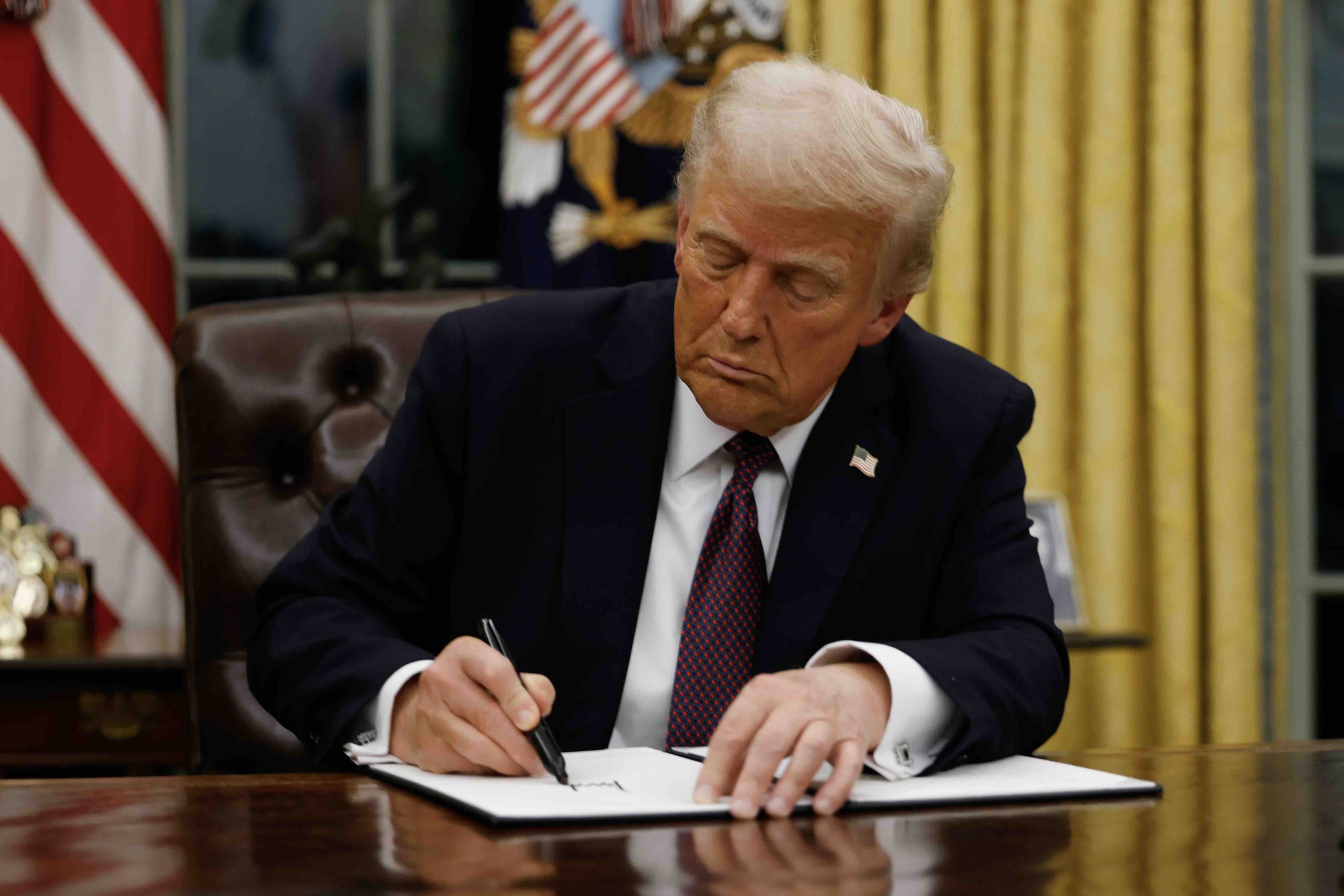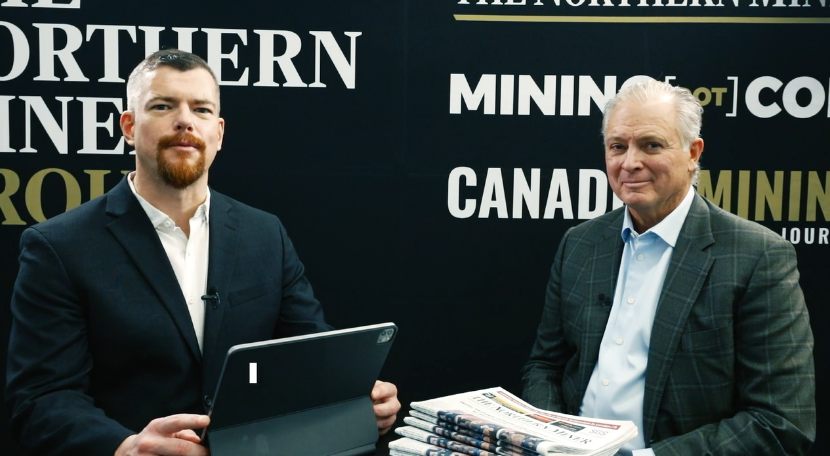It’s not the end of the world
I spent Monday reading and writing.
The reading was the usual – a run through of analyst reports and mining commentators and emails and articles. After last week’s metals smackdown, the tone was tense.
The writing was a pair of lists: Reasons for Optimism and Reasons for Caution. I’m a list person. Lists keep me organized and help me feel accomplished. They can also help me figure out a jumble of thoughts.
And the thinking out there certainly is jumbled. The mainstream media is certain gold is dead. That is usually a strong buy signal…but it is hard to find near-term reasons for gold to gain. Copper’s slide has many convinced that Chinese growth is all but over. That would indeed be very bad for mining…but China is not done growing. An interest rate hike might be coming, or not, and it might be bad for gold, or good. US markets are showing some topping warning signs, but such signs have come and gone over the last six months.
The whole situation – from the state of global economies and currencies to the outlooks for specific metals and mining equities – is a mess of details and predictions and assumptions. The more you think about it, the harder it can be to see a light on the mining horizon. That’s especially true if you consume mainstream media, which is giddily serving up plates of cold, dead gold.
It’s already been four bear years. This is supposed to be ending…and yet it is hard to find reasons for a near-term rebound.
Sure, the record number of gold shorts is supportive, but that’s a transient situation. Supply-demand fundamentals are of no help, for gold or for most metals. Demand for copper in particular seems to be slowing as Chinese growth stumbles and Japan and Europe remain weak. The dollar is strong and will probably stay strong until some kind of serious shift occurs. We are in gold’s traditionally strong season but the Chinese market meltdown sapped that strength, which means the summer doldrums will likely bleed straight into tax loss selling. And while you can find a technical analyst drawing a line somewhere on a chart to support almost any argument you want to make, most of them are currently arguing against gold, copper, and miners in the short term.
What would it take to move the other way? A US market downturn, a weakening of the greenback, or a serious financial risk event would do. The risk event is unpredictable, a Black Swan style occurrence. Likelihoods for the other two, though, we can assess.
It seems to me that the chorus calling for a US market downturn is getting louder. One argument is that the breadth of the market rally is shrinking: many companies and industries rising a robust rally makes, but that does not describe the current situation in New York. Most of this year’s increase in the S&P has come from just two sectors, retail and health care. And 40 stocks in the S&P recently hit new 52-week lows, amidst a volume of new bottomers (bottom of the chart below) that is starting to look significant.

If we look at the NYSE instead, a much larger listing than the S&P, less than 40% of stocks are above their 200-day moving average. The number of new 52-week lows just hit its highest level since 2011. On Tuesday, 27 stocks on the NYSE hit one-year highs while 164 stocks hit one-year lows. That ain’t the portrait of a robust market.
For a less data, more sense, look at the situation, a friend recently pointed me towards an article on ZeroHedge (not a site I frequent, though it has interesting stuff from time to time) about how every market crash came out of a bubble, from the Tulip Bubble of the 1600 to railroads in 1845 to tech stocks in 2000. While pointing out the obvious – margin debt is historically high and stock valuations are the second highest in history – the author then lists other assets currently experiencing excess.
Fine vintage wines are being bought, sold and traded at hefty valuations and collectors are using their wine cellars as leverage to borrow money to buy more wine. Stock repurchases abound: 20% of S&P 500 companies have reduced their share count by at least 4% year-over-year in each of the last five quarters. Subprime auto loans are being extended across America to people with spotty credit, then bundled into securities (does that idea ring a bell to anyone?). Art prices are soaring. Uber expensive yachts are selling. Real estate prices are rising fast. Private equity deals abound – and some are very large, boosting the total value of PE buyout deals in Q1 2015 to $97 billion. That’s the highest since $125-billion worth of deals in Q3 2007.
None of these alone represents a data point that proves a crash is coming. But downturns are hardly ever expected, and when we look back to explain why one happened we often point to an accumulation of factors.
The other entries on my list of Reasons for Optimism were similar: macro hypotheses about what could or should happen next.
To start, do not forget that this has been almost the longest and deepest bear market in gold in 75 years.

Bear markets beget bull markets. Mining markets have proven this rule numerous times. And while I can get despondent about demand drivers going forward, that only happens when I let myself drown in the daily details. Taking a step back, even China growing at 4% would mean enough demand for metals to get the sector back on track.
China also offers up a short-term reason for optimism: good odds of a major fiscal policy program. QE in China would lift markets and metals around the world – and seems increasingly likely. Direct stock market intervention didn’t work particularly well for China over the last month, and indeed simply buying stocks is not a very sophisticated way to support a market. A bond buying, money printing, rate cutting effort is more fundamental, providing support not only for stock prices but for debt and therefore the broader economy. China will not let its stock market success and GDP growth slip away without a fight and I expect them to step into the ring soon.
As for the dollar, there is endless noise about the greenback topping. If interest rates ever do go up, that talk might turn to reality. More generally, even though the market has been anticipating a rate hike for what seems like ever, I do not think the reality of one is truly baked in. When rates rise the impact will not be from the actual increase in debt servicing costs, but the idea that the trend has changed. We have been in a declining or essentially zero interest rate environment for years. For that long-term trend to change to a rising rates environment is significant – and I think the market will react negatively to it.
Or perhaps a market starting to brim with excesses, one being held aloft by a narrow number of companies, a market with valuations significantly above long-term averages that has been rising for six years – perhaps that market crashes on a rate hike.
A US market turn, a top in the dollar, quantitative easing in China – these things are all possible and would all help mining.
So where does this list work-through leave me? Feeling ok. We are at or near the bottom. The world still needs metals, and more so every year. Bear markets breed bull markets. There are real reasons for caution in the short term, but we are not contrarian metals investors because we expect payouts tomorrow.
I wrote most of this article yesterday but before I could finalize it was time to head out to the Sprott Stansberry conference, happening right now in Vancouver. It kept me busy yesterday afternoon and evening, and much of today. It’s an interesting event – quality speakers, a good list of companies to catch up with. I will head back for more tomorrow.
For subscribers, the next section of the portfolio update (the Mid Termers) is almost done, but I decided to hold off until one or two pieces of expected news crossed the wires and until I got the chance to catch up with a few companies at the conference.
The conference has also helped to hone my Wish List, companies I want to buy as soon as I have some confidence this knife has stopped falling.
And it will. Robert Friedland said many things in his Q&A session, but one that stuck with me was this: “Either we’re very close to the bottom or it’s the end of the world. And I don’t think it’s the end of the world.”
I agree – however long my lists might be.
More News
US delays Canada, Mexico tariffs
The announcement comes a day after Trump gave a 30-day tariff reprieve to the big three automakers.
March 06, 2025 | 02:23 pm
Video: Seabridge CEO on KSM progress, questioned permits
The project, in the Golden Triangle of British Columbia, is one of the world’s top undeveloped gold deposits.
March 06, 2025 | 01:34 pm
Video: VRIFY’s new AI tool cuts exploration timelines from weeks to seconds
The platform provides real-time probability and variance metrics, which, VP says, challenges the old geological bias.
March 06, 2025 | 12:47 pm
{{ commodity.name }}
{{ post.title }}
{{ post.excerpt }}
{{ post.date }}




Comments